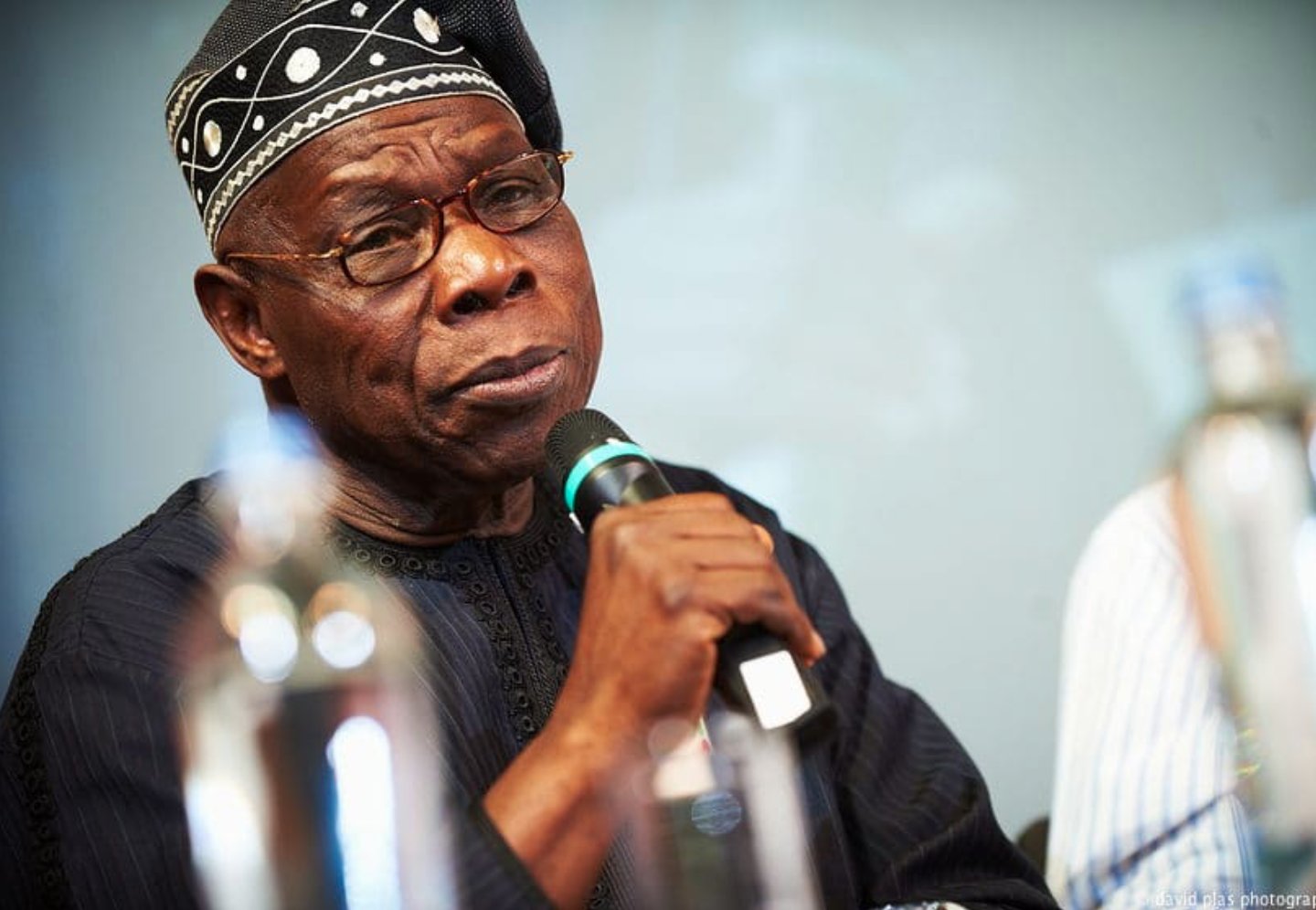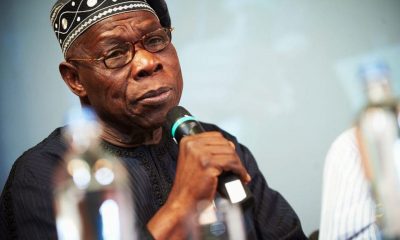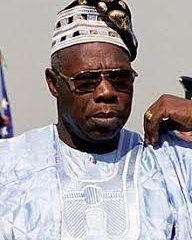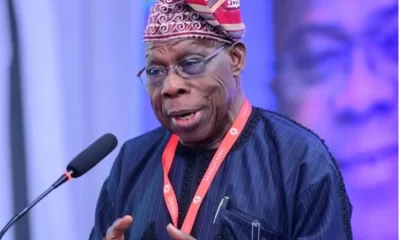Former President Olusegun Obasanjo says some of the challenges left behind by the colonial administration are still affecting Nigeria.
Obasanjo spoke on Saturday in Enugu at the public presentation of the book: “In Brotherhood We Stand: A Roadmap for the Rebirth of a Fragmented Nation”, written by Chris Okoye.
According to a statement by Kehinde Akinyemi, his special assistant on media, the former president said there is a direct correlation between economic and political reforms.
He also said the country’s historical experiences at constitution making and political reform indicate that there are structural defects that need adjustments in order to widen the nation’s democratic values and practices.
READ ALSO: Obasanjo proffers solution to rising insecurity in Nigeria
“The clarion call in Nigeria today is one for restructuring and a reassessment of the terms of our union as a nation. No matter how economically viable a nation is, bad governance and a wrong system of administration can bring it down,” the statement quoted him as saying.
“As a nation, our history reveals clearly that we have been through some difficult times and have missed great opportunities.
“Our historical experiences at constitution making and political reform show that we may have some structural defects that require adjustment so as not to continue to constrain the deepening, widening and consolidation of democratic values and practices.
“Indeed, some of the contradictions and challenges bequeathed by the colonial administration have continued to pose problems for us to this day. One of such bequests is Western Liberal Democracy.
”As things stand therefore, our constitution making efforts must go down to the grassroots to deal with the issues of inclusion, popular participation, equity ownership, legitimacy, rights and obligations with adequate compensation of African communalism; caring and sharing.”

 Health & Fitness5 days ago
Health & Fitness5 days ago
 Aviation1 week ago
Aviation1 week ago
 Aviation6 days ago
Aviation6 days ago
 Aviation6 days ago
Aviation6 days ago
 Aviation6 days ago
Aviation6 days ago
 Aviation5 days ago
Aviation5 days ago
 Featured3 days ago
Featured3 days ago
 Crime3 days ago
Crime3 days ago













